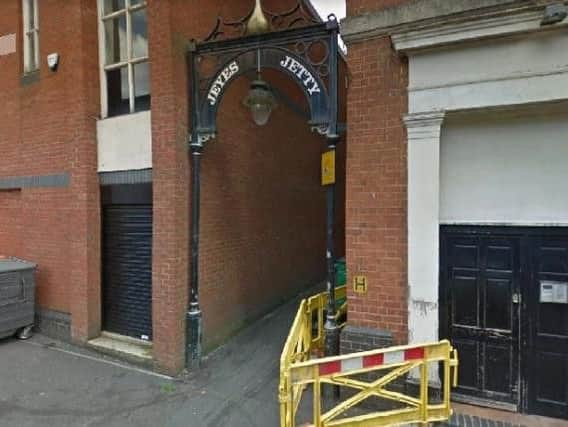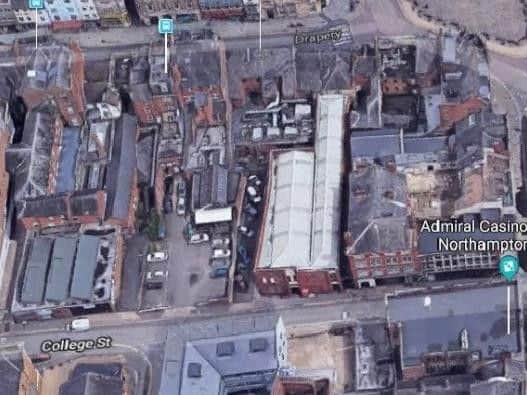Public can have say on plans to gate off ‘anti-social’ Northampton town centre alleyway


The borough council is considering putting gates at each end of Jeyes Jetty, which links the Drapery to College Street.
They hope that the works, which would cost between £15,000 to £20,000, will help curb ‘illicit activities’ in the narrow alleyway, which is regularly used for drug dealing and was the scene of a 2017 rape.
Advertisement
Hide AdAdvertisement
Hide AdOn Wednesday evening (May 22), members of Northampton Borough Council agreed to undertake a 12-week consultation with the public on proposals to enforce a Public Spaces Protection Order (PSPO) on the alleyway, as well as the gating off.


Council leader Jonathan Nunn said: “We have had people coming up to us for years calling for us to do something. This will now go out to consultation, and will then come back to cabinet later on this year.”
Public Spaces Protection Orders (PSPOs) are designed to stop individuals, or a specific group of people, committing anti-social behaviour in a public space. They can last for up to three years.
Police had recommended the gating of Jeyes Jetty back in 2009, but high costs prevented this from happening at the time. The council’s own overview and scrutiny panel repeated the recommendation four years ago, and it looks like – if the public back it – it will finally get the go-ahead.
Advertisement
Hide AdAdvertisement
Hide AdBreach of a PSPO is a criminal offence which can result in the issuing of a Fixed Penalty Notice (FPN) or a prosecution resulting in a fine of up to £1,000 on conviction. Enforcement can be undertaken by police officers or council officers.